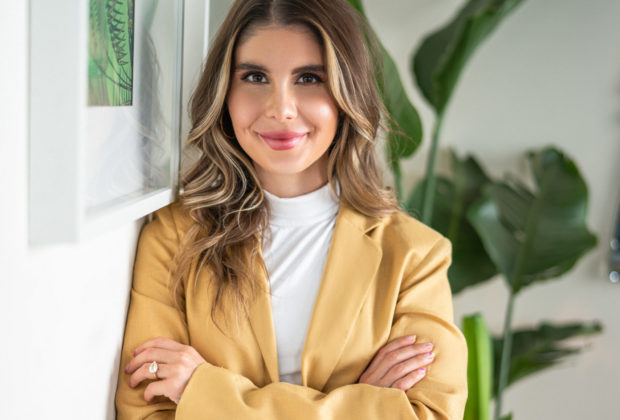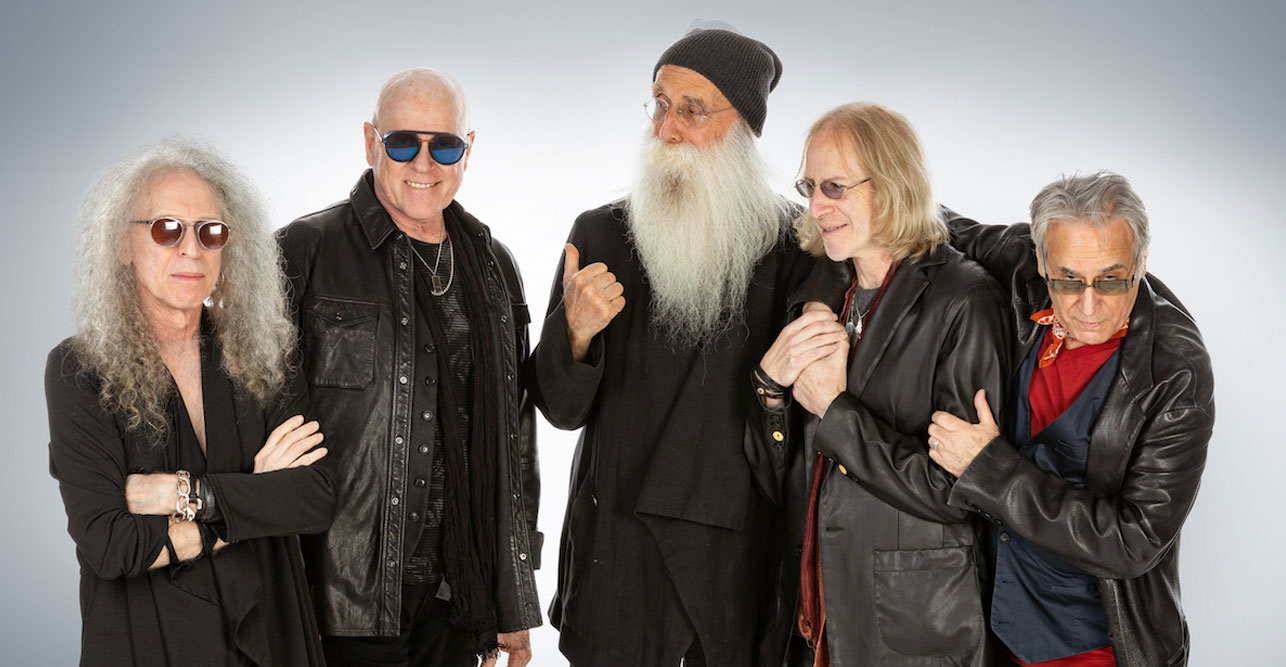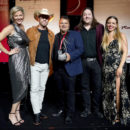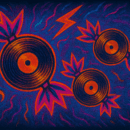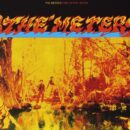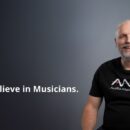Rosabelle Eales
Owner/Manager
Overall Management
Years with Company: 6
Address: Los Angeles, CA
Web: overallmgmt.com
E-mail: info@overallmgmt.com
Clients: Gnash, Imad Royal, Girl Wilde, Alexmaax (Max Hershenow), Ilan Rubin, Joe Rico
BACKGROUND
Rosabelle Eales started working in music when she was 18. By 2016, she owned her own management company at the tender age of 23. Now 29, she’s more thankful than ever to be serving artists.
Discovering the Industry
I’ve always joked that the music industry found me, way more than I found the music industry. Music’s always been a big part of my life. I never really [knew] that you could work in the music industry. That wasn’t something I grew up understanding. In high school, I helped open a music venue; I was booking shows. I didn’t recognize that it could be a career path. When I went to college, I was trying to choose what major I wanted. I saw that you could do music business, and I was like, what does that mean?
Work Over School
When I was 21, I got offered a full-time job working in L.A. That was the summer between my sophomore and junior years of college. I was really confused, because I wanted to drop out and take this job, but you’re taught that’s not the right thing to do. You’re supposed to get a degree. And my dad was like, “You’re in college studying the music business, and you’ve been offered a job in the music business. Why would you not take that?” So I did.
Building a Company Around Values
My parents were both small business owners, so owning a business was not something that felt intimidating. When I stepped out of being a tour manager and into more of a management role, I never was like, “I’m going to start my own company.” The issue was that I didn’t see any companies doing [management] the way I wanted, which was very grassroots, family-oriented, and collaborative. And I was blessed that my first client, gnash, had a Top 10 radio record, so I had the financial autonomy to do what I wanted. And what I wanted was a company that followed my values.
Always Learning
Dana Dufine, who works at AEG, is a mentor of mine. She’s someone I go to for advice and perspective. If you want to get into management, pick out a mentor or someone you can learn from. Although I’ve taken on being more of a mentor than a mentee, I’m always looking for opportunities to learn from people. [Management is] not something that can be taught as much as something that has to be learned. Finding people you can absorb knowledge from is massively important.
Managerial Qualities
I have an elephant’s memory. I’m very organized. I’m meticulous. But what makes me a great manager is I’m deeply compassionate, empathetic, collaborative, loving, honest and kind. That’s how I approach my relationships with clients. I work hard to represent them, and make sure my values are lining up with theirs. I see people as people, not just commodities.
Employees, Clients, and the Pandemic
The company is three people––it’s me and two employees. I have independent contractors who I work with. I’ve been thinking about hiring someone else. That’s something I’m going to look into in 2022. Right now, the goal is recalibrating after the pandemic and making sure everyone’s on steady footing, although we ended up taking on two new clients during the pandemic, and a new client right before [it started].
Being Physical and Virtual
I have a physical space in L.A. I share it with a phenomenal manager. As much as it’s a money pit, we keep it because we love it. During the pandemic, we went virtual pretty quickly. As things were opening up, I asked both my employees what they wanted. How did they feel their workflow was affected? Were they happy? My role as an employer is to lead this team to greatness, but it’s also to understand what they need to be successful. And I felt no change in our workflow by going virtual.
Building a Family of Artists
Most of my artists come by recommendation from a trusted party––lawyers, managers, publishers, agents. Normally when I’m taking on a new client, the biggest thing I look for is [if it’s] going to compete with someone else on my roster. I’m not going to take on a bunch of similar clients who will split opportunities. I want all my clients to be able to stand in their own space and feel like they’re supported.
I look for people who love the values of the company and want to be part of it. We really are a community. My whole roster works with each other in some sort of creative capacity. I’ve met with incredible artists and have come away being like, “I don’t know if I’m the best person to serve you. How can I help you find another manager?” And I’ve met with people who I’ve felt deeply connected and have to work on their project.
Unsolicited Artists
I listen to everything that gets sent to me. Because we are such a small company, when it comes to taking on talent we have to be a little more selective. I need to make sure that everyone I’m representing is getting the level of attention they [need]. I wouldn’t necessarily say we’re actively looking for talent, but I wasn’t looking for talent three clients ago.
Working Together
I don’t ever want to be the hardest working person on an artist’s team. If we’re all firing at 100[%], that’s how [we create] massive success. So I look for people who have vision, ambition, drive… It really is based off of [whether it feels] like you’re going to bust your ass, because I’m going to do that for you. And if so, how can we support each other? What is the vision? Is it something I can help grow and develop?
Losing Artists
[An artist left me] at the beginning of the pandemic. Prior to that, I had never had a client leave. This client felt there was another team that was more suited toward their business. When that happens, you just have to respect it and be as helpful as you can during the transition.
There’s nothing you can do. It’s the same thing if someone breaks up with you. You have to be like, yes, I respect that. Management is one of the most important vocations [in the music industry]. You’re trusted with someone’s art. They give this to you and say, “I’m trusting you to take this into the world in a way that properly represents me while also growing my business. Please don’t fuck it up.” And if someone feels there’s someone that can better represent their art, I respect that because it’s not about me.
Entering the Boys’ Club
I want to see more women managers. We are seeing a rise of women in the music industry, and I love it. I don’t always see that same rise in management. There are incredible women managers who kick ass every day; there just aren’t enough of them. We have opened opportunities to women, while management has continued to be a closed door.
I have to fight way harder to be taken seriously than any of my male counterparts. It’s not overt sexism. It’s these deeply sown seeds of misogyny in an industry that, for so long, was fundamentally run by men for men.
Being Grateful
The older I get, the more grateful I am that this is what I do. When I was younger, I took it for granted. As I’ve gotten older, I’m just like, how amazing is it that I’ve gotten to build this company and incredible life off of music? I went to college for two years and didn’t graduate, yet I own a very successful business. In what other industry can you do that?

